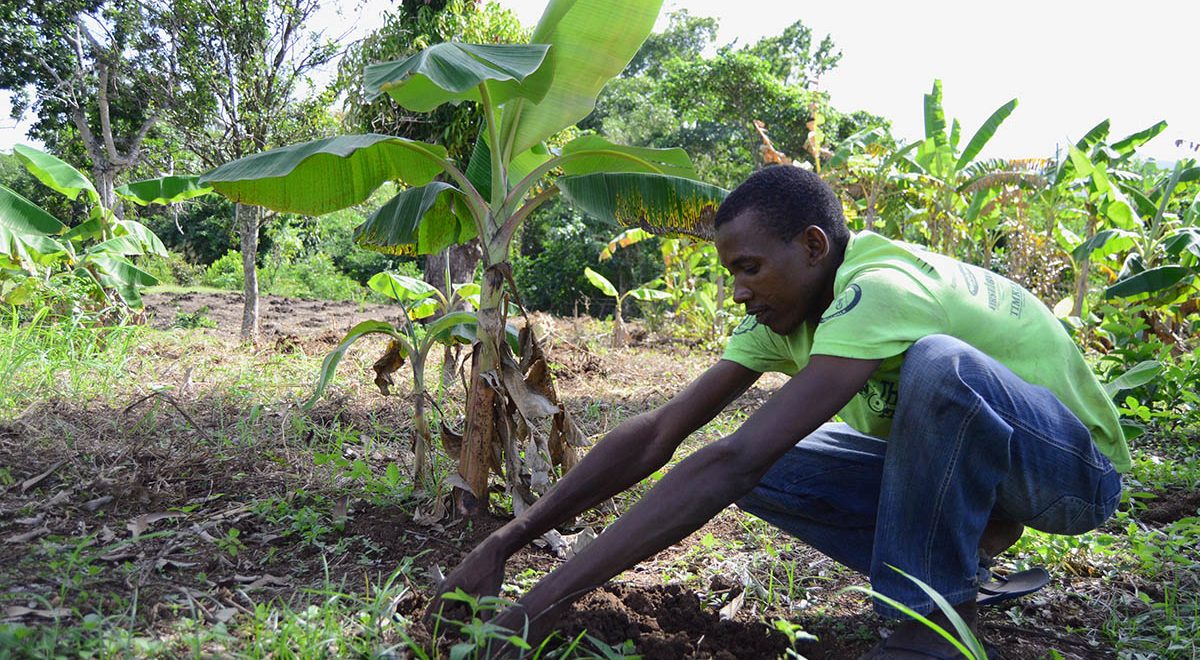“USDA Provides Nutritious U.S. Peanuts in Humanitarian Effort for Haiti” read the headline on an article on the Department for Agriculture’s website.
It continued: “The surplus peanuts will help feed nearly 140,000 malnourished kids for a full school year,” which sounds great – however, there’s much more to this story.
As this article in the Washington Post explores the USDA’s plans in more detail. The U.S. peanut surplus came about under incentives created in an updated Farm Bill passed in 2014. Through a complex system of subsidies, the bill encouraged more peanut production – so U.S. farmers planted more peanuts, pushing down prices and resulting in a huge surplus.
The cost of warehousing for this peanut surplus is too great – leading to the U.S. government’s decision to give them away.
Haiti needs food – what’s the problem?
Simply put, the USDA’s plans to dump 500 metric tons of U.S. grown peanuts into Haiti set to destroy the livelihoods of many of the people the U.S. government has sought to help since the devastating 2010 earthquake.
Many Haitian farmers – including those that ActionAid works with in Haiti’s Central Plateau region – grow their own peanuts. In fact, peanuts are considered a staple part of the Haitian diet and are used to produce a thick peanut butter paste that can easily be stored and released into the local markets when prices are high. So they’re vital to the Haitian economy – a fact recognized by the U.S. government’s Hunger and Food Security Initiative, which praised an effort to bolster peanut production by Haitian funders, a project that was partly funded by the Clinton Foundation.
In a country where access to markets for local family farmers is challenging, peanuts represent a reliable source of income. And Haiti is able to grow the peanuts needed to meet domestic demand.
Sending such large amounts of peanuts into Haiti will destroy the market for domestic producers, exporting a problem faced by one of the world’s richest countries to one of its poorest.
Yet again, some of Haiti’s poorest people will be forced to live with the results of another failed U.S. policy.



